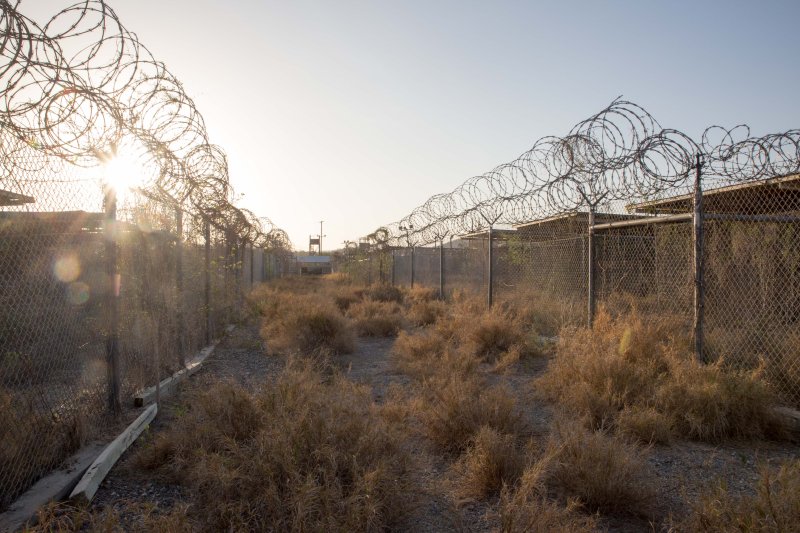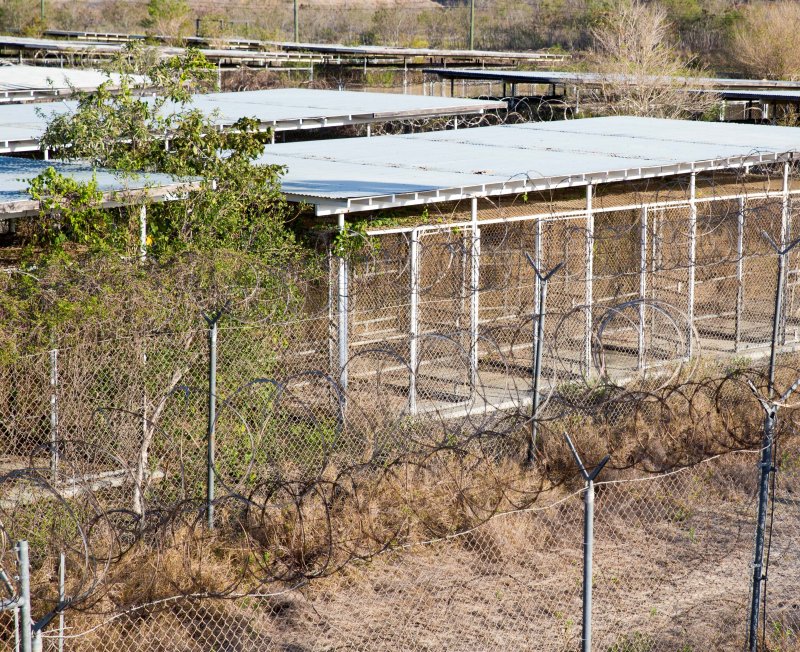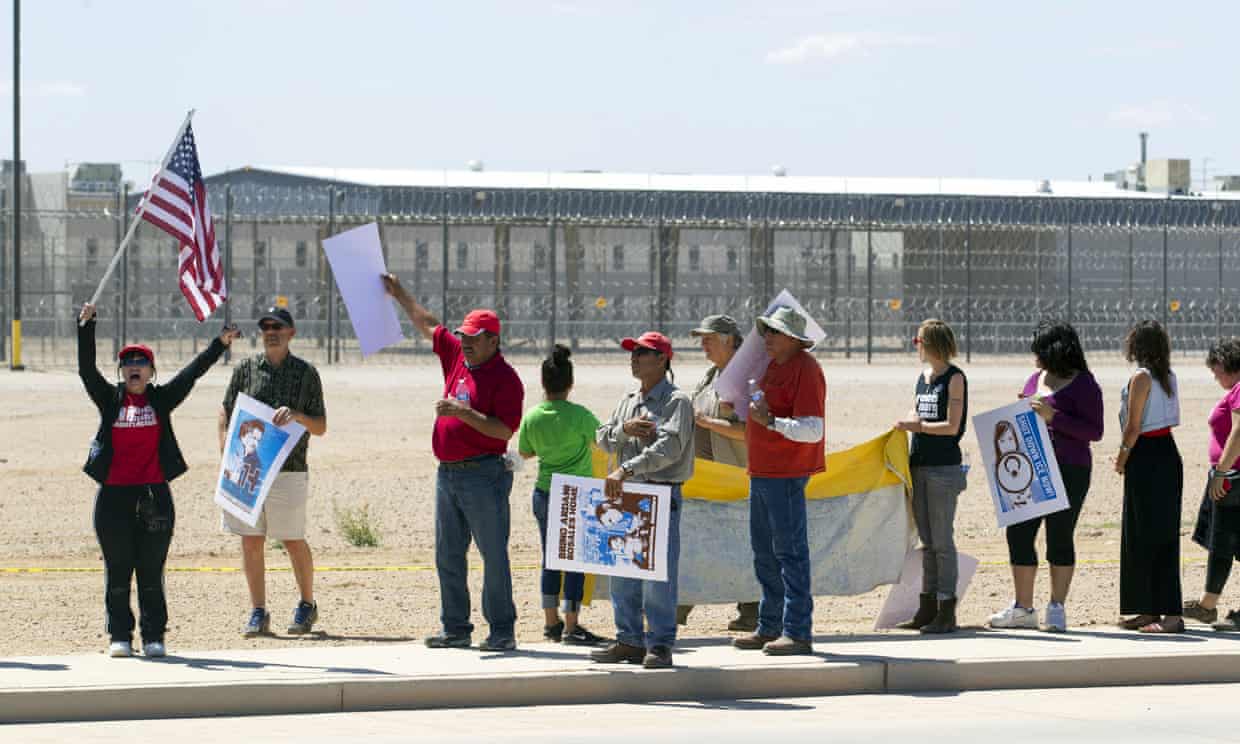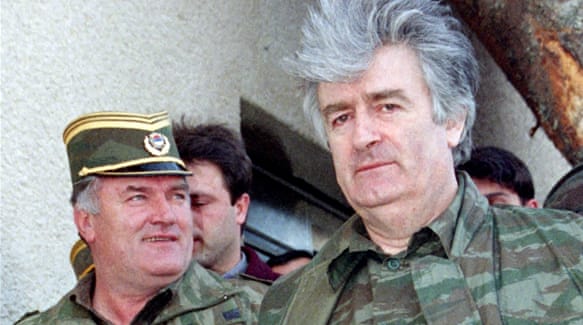 The Israeli government stands accused of waging a campaign of incitement against human rights groups as it tries to hamper efforts by the international community to monitor abuses of Palestinians under occupation.
The Israeli government stands accused of waging a campaign of incitement against human rights groups as it tries to hamper efforts by the international community to monitor abuses of Palestinians under occupation.
A so-called Transparency Law, passed by the Israeli parliament last week, compels some two dozen Israeli rights organisations to declare publicly that they receive a majority of their funding from foreign governments.
TVNL Comment: Another example of the 'great democracy' that Israel pretends to be.

 Human Rights Glance
Human Rights Glance As a witness to the removal of fallen U.S. troops from Afghanistan, Army Chaplain Christopher John Antal can’t recall a time when that solemn ceremony wasn’t conducted without the presence of drones passing along the horizon.
As a witness to the removal of fallen U.S. troops from Afghanistan, Army Chaplain Christopher John Antal can’t recall a time when that solemn ceremony wasn’t conducted without the presence of drones passing along the horizon. The Guantanamo Bay Periodic Review Board approved the release of an Afghan man 14 years after his initial apprehension.
The Guantanamo Bay Periodic Review Board approved the release of an Afghan man 14 years after his initial apprehension. - Two prisoners of the Guantanamo Bay, Cuba, detention facility were transferred to Senegal, the Department of Defense announced Monday.
- Two prisoners of the Guantanamo Bay, Cuba, detention facility were transferred to Senegal, the Department of Defense announced Monday. Five-year-old Briany nibbled her nails as she peeked from behind her mother. Her eyes rimmed with dark circles, she continued to ask if she could go out to play. Her mother, Gladis, shook her head.
Five-year-old Briany nibbled her nails as she peeked from behind her mother. Her eyes rimmed with dark circles, she continued to ask if she could go out to play. Her mother, Gladis, shook her head. Former Bosnian Serb leader Radovan Karadzic was found guilty of genocide related to the Srebrenica massacre and crimes against humanity committed during the 1990s war.
Former Bosnian Serb leader Radovan Karadzic was found guilty of genocide related to the Srebrenica massacre and crimes against humanity committed during the 1990s war.






























